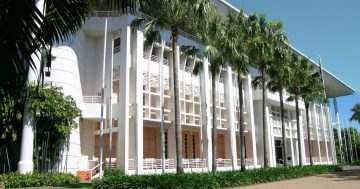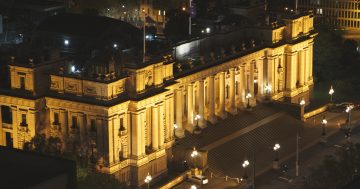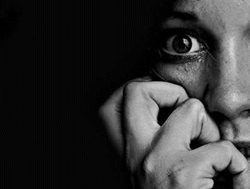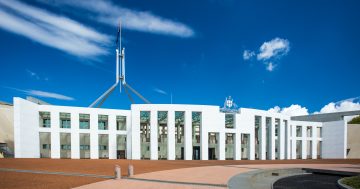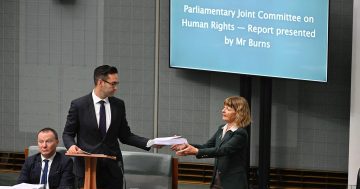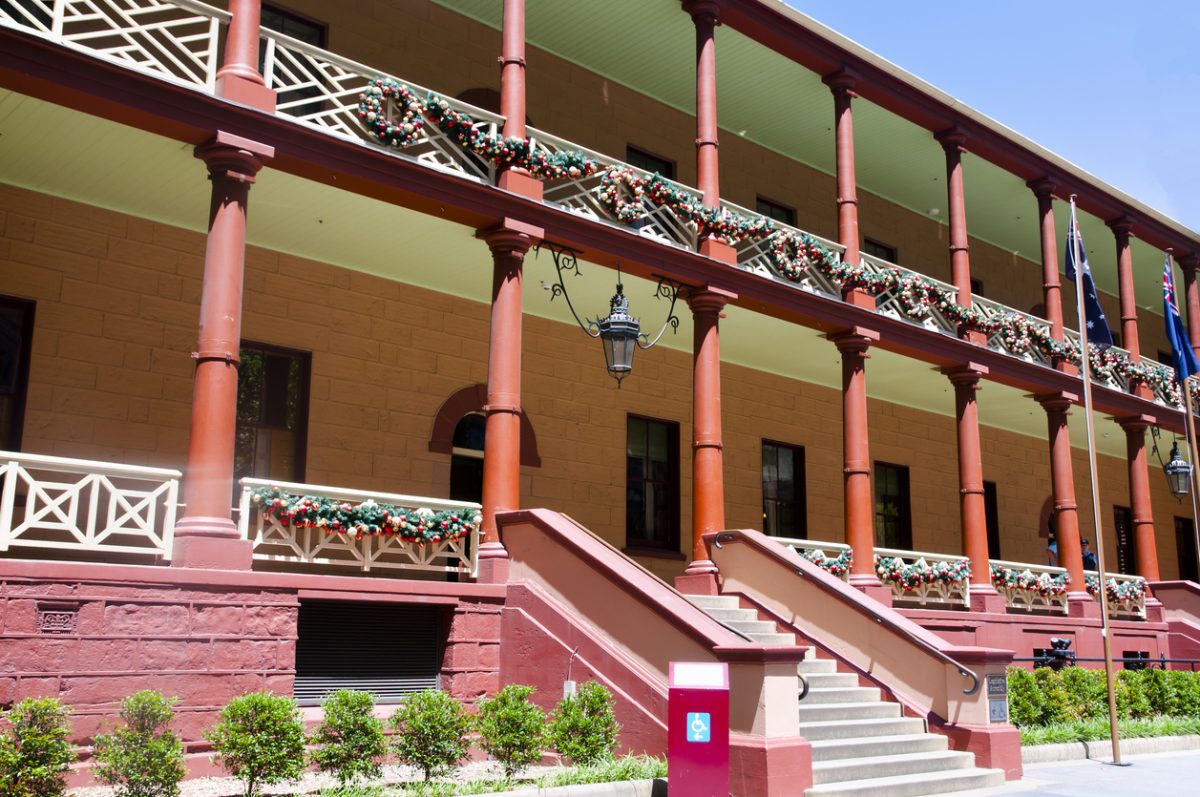
“The message is simple. Those who would vilify others because of their religion should know that it is unacceptable,” said NSW Minister for Multiculturalism Steve Kamper. Photo: File.
It is now illegal for anyone in NSW to commit a public act that incites hatred towards, serious contempt for, or severe ridicule of, a person or group of persons because of their religious belief, affiliation or activity.
The new Religious Vilification laws came into effect this month with penalties of up to $100,000, but some believe the legislation doesn’t go far enough.
Multiculturalism Minister Steve Kamper said “this much-needed legislation will provide our faith communities with similar protections provided to members of diverse and multicultural communities”, while NSW Premier Chris Minns said the commencement of these amendments to the Anti-Discrimination Act fulfilled an important election promise.
“There cannot be room for hatred which sows the seeds of mistrust and intolerance,” he said.
“This would threaten the thriving, tolerant, multi-religious and multi-ethnic heart of NSW.”
However legal firm Carroll & O’Dea said the recent amendments “do not provide broader protections against discrimination on the ground of religious belief, affiliation or activity; and do not amend or affect the Act’s existing exceptions to anti-discrimination protections that are available to all NSW non-government schools”.
The Australian Lawyers for Human Rights (ALHR) pointed out the lack of specificity in the new laws back in late June, urging parliament members to reject the Bill entirely and establish an inquiry into a Human Rights Act for NSW. They said the Bill did not meet the country’s obligations to international human rights law in creating a reasonable balance between protection from religious vilification and other core fundamental human rights.
“While it is appropriate to include religious vilification as an offence under the Anti-Discrimination Act, this Bill does not sufficiently distinguish between freedom of expression directed against the ideas and tenets of a religion, and vilification against persons or groups because they hold or express religious beliefs,” said ALHR President Kerry Weste.
“As the former UN Special Rapporteur on Freedom of Religion or Belief has recommended, governments attempting to combat intolerance and incitement to violence based on religion should take account of the rights to freedom of expression and to freedom of religion in conjunction with one another.
“It is significantly unfortunate that NSW stands apart from Victoria, Queensland and the Australian Capital Territory – as well as the rest of the western democratic world – in its failure to legislate a Human Rights Act. The inter-relationship between freedom of religion and free speech should be conceptualised against a background of comprehensive legislated protection for interrelated, indivisible, interdependent human rights that are treated contextually and according to international law.
Anti-Discrimination NSW will be handling most of the complaints through conciliation, but under certain conditions the organisation’s Board President can refer to the NSW Civil and Administrative Tribunal (NCAT) for determining a resolution. If a complaint can be proven, NCAT is allowed to action a variety of orders like an apology or for damages up to $100,000.


